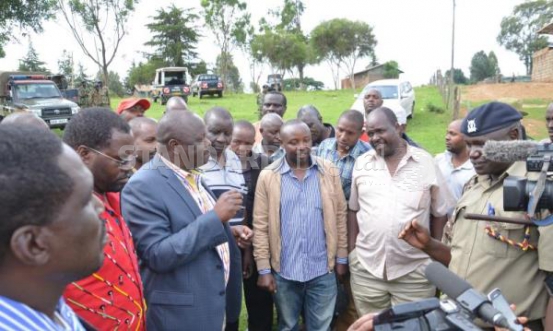×
The Standard e-Paper
Home To Bold Columnists

In a penultimate thrust to halt his case at the International Criminal Court (ICC), Deputy President William Ruto together with his lead lawyer Karim Khan, will take the stand at The Hague between Tuesday and Friday to orally argue out why the case should stop at this stage.
Already, the Deputy President has filed a 95-page “request for judgment of acquittal” which offers a glimpse of the line of arguments he will be deploying next week.